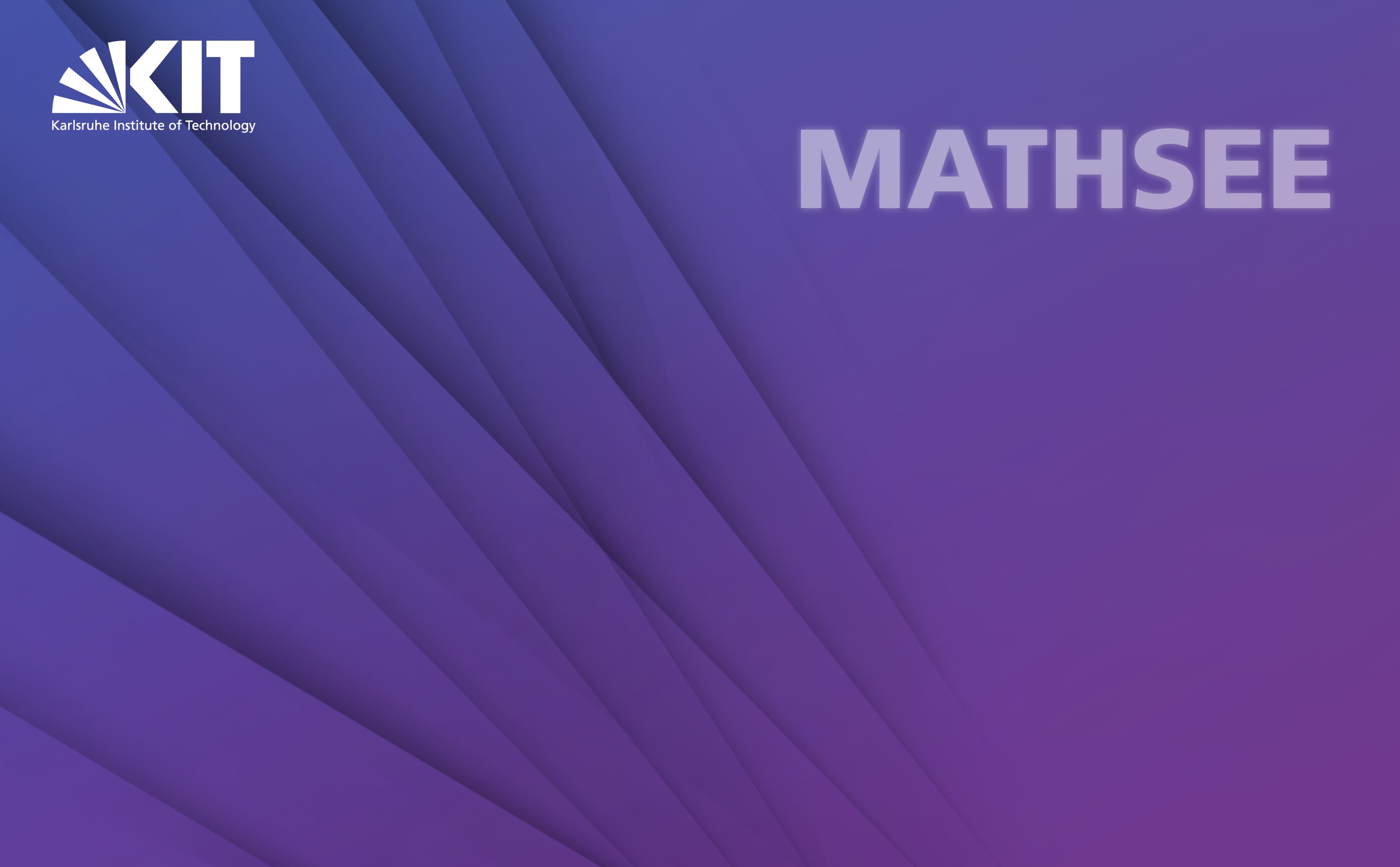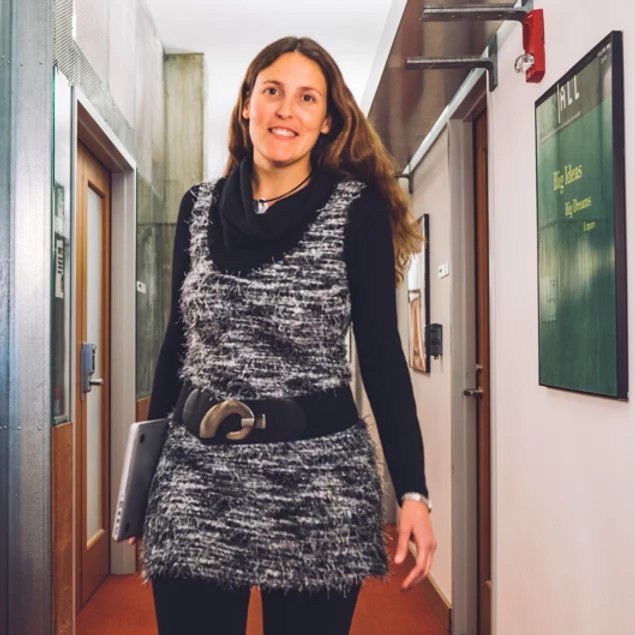Every year, the Gaul Lecture is awarded to a leading international young scientist whose outstanding achievements have already significantly shaped a field of research at the interface of mathematics, economics, and computer science. During a research stay at KIT, the award winner holds the Gaul Lecture in addition to a research seminar for an expert audience in order to present his/her own subject area to a broader public. The visit is intended to inspire young scientists in particular and to initiate new research areas at KIT.
The Gaul Lecture is financially supported by the Helga- and Wolfgang Gaul Foundation.
Gaul Lecture 2022
Date &Time: September 14-16, 2022, 16h
Venue: Building 20.30, Room 1.067
Title: Your dreams may come true with MTP2
Abstract: We study probability distributions that are multivariate totally positive of order two (MTP2). Such distributions appear in various applications from ferromagnetism to Brownian motion tree models used in phylogenetics to factor analysis models used in finance. We first describe some of the intriguing properties of such distributions with respect to conditional independence and graphical models. In particular, we show that maximum likelihood estimation for MTP2 exponential families is a convex optimization problem and leads to sparsity of the underlying graph in quadratic exponential families (such as Gaussian or Ising models) without the need of a tuning parameter. We then consider the problem of non-parametric density estimation under MTP2, showing that the MLE is a piecewise linear function by developing new results in geometric combinatorics. We end with an application to covariance matrix estimation for portfolio selection.
Gaul Lecture 2021
Abstract: Massive data collection holds the promise of a better understanding of complex phenomena and ultimately, of better decisions. An exciting opportunity in this regard stems from the growing availability of perturbation / intervention data (for example in genomics, advertisement, policy making, education, etc.). In order to obtain mechanistic insights from such data, a major challenge is the development of a framework that integrates observational and interventional data and allows causal transportability, i.e., predicting the effect of yet unseen interventions or transporting the effect of interventions observed in one context to another. I will propose an autoencoder framework for this problem. In particular, I will characterize the implicit bias of overparameterized autoencoders and show how this links to causal transportability and can be applied for drug repurposing in the current COVID-19 crisis.
Caroline Uhler is the Henry L. and Gracy Doherty Associate Professor in Electrical Engineering & Computer Science at the Institute for Data, Systems and Society at Massachusetts Institute of Technology (MIT) and Assistant Professor at the Institute for Advanced Studies in Vienna. She received her PhD in Statistics from UC Berkeley in 2011 and has since received a variety of awards, including Simons Investigator Award, Sloan Research Fellowship, NSF Career Award, Sofja Kovalevskaja Prize.
Caroline Uhler is one of the world's brightest and most important internationally visible young researchers at the interface of high-dimensional statistical methods/machine learning. She works on statistical-methodological cutting-edge topics that lead to challenging optimization problems and require algorithmically sophisticated solutions. In particular, she is an expert in graphical models and causal relations, and thus in topics that are of central interest in many application problems. Her application focus at the moment is mainly biology and genetics with elementary causal biomedical problems.


